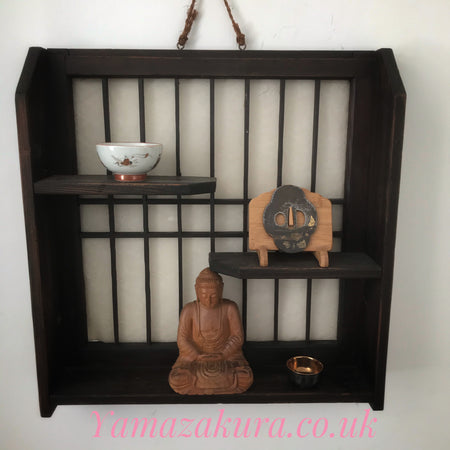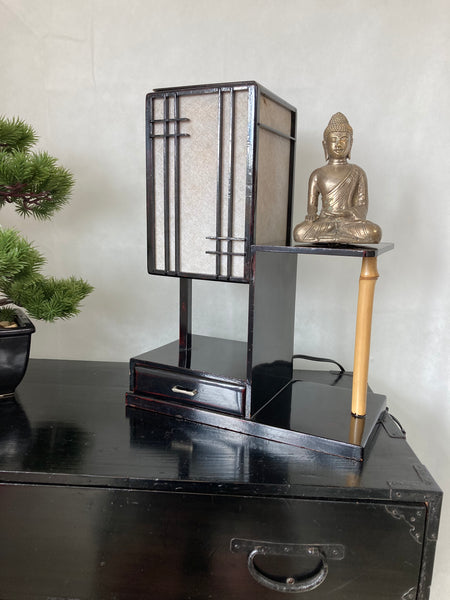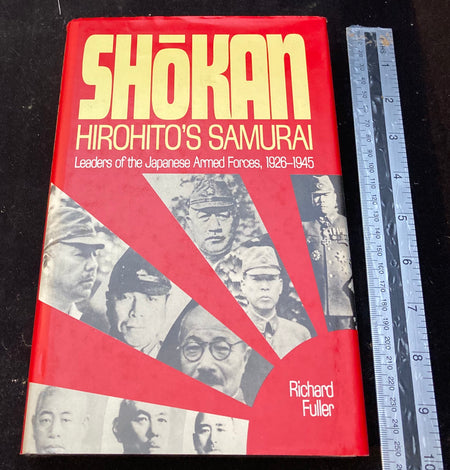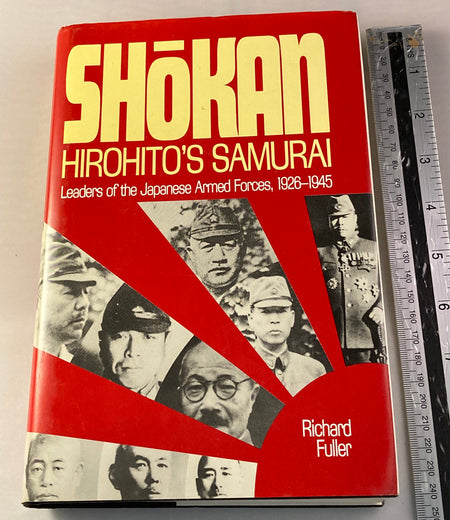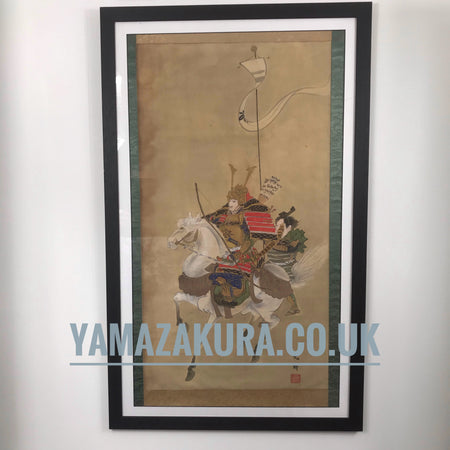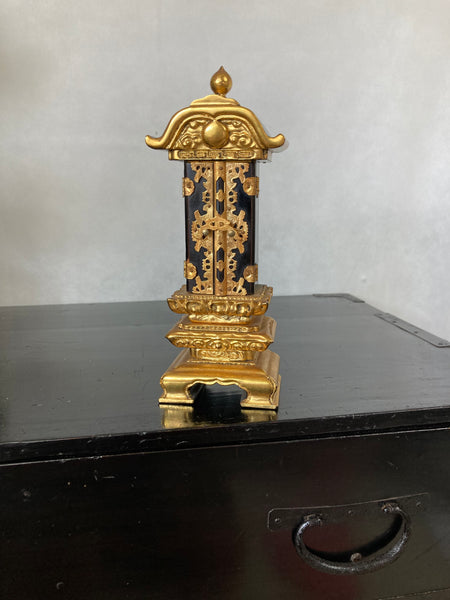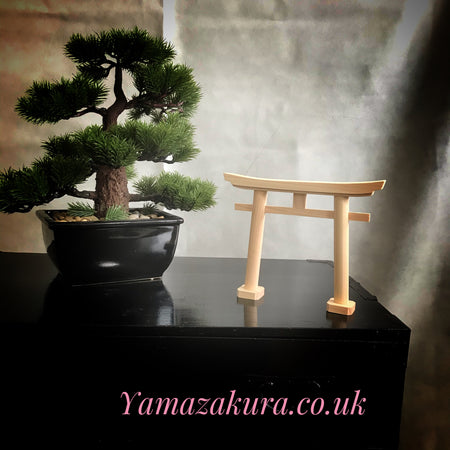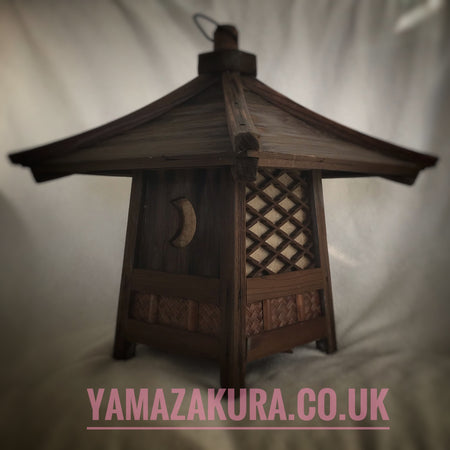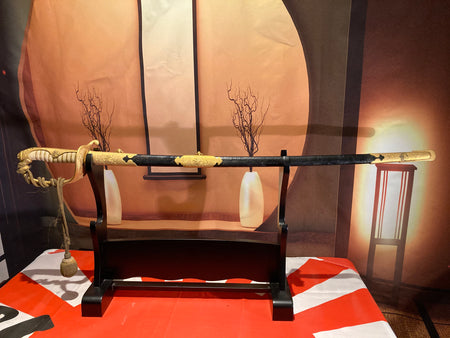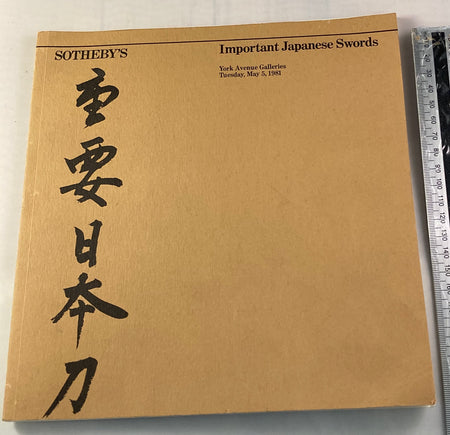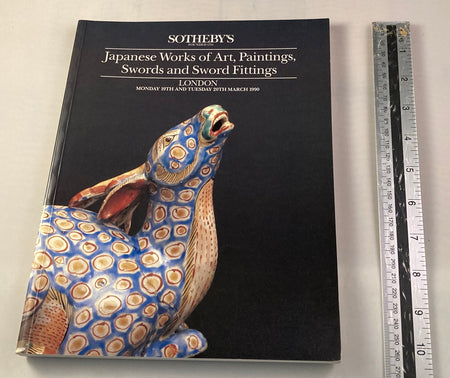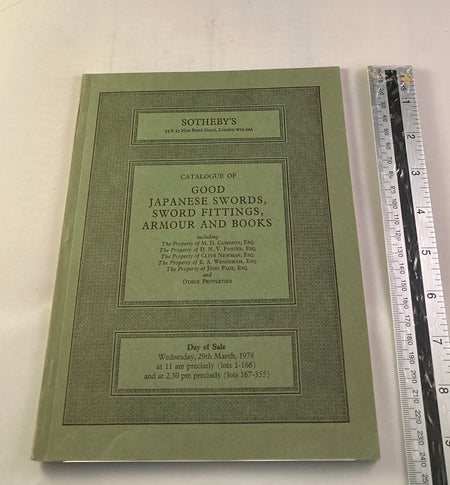shishi .
£75.00
shishi .
{"id":4640016465995,"title":"shishi .","handle":"shishi","description":"\u003cspan\u003eShishi (or Jishi) is translated as \"lion” but it can also refer to a deer or dog with magical properties and the power to repel evil spirits. A pair of shishi traditionally stand guard outside the gates of Japanese Shinto shrines \u003c\/span\u003e\u003cspan\u003eand Buddhist temples \u003c\/span\u003e\u003cspan\u003ealthough temples are more often guarded by two Nio Protectors . \u003c\/span\u003e\u003cspan\u003eThe Shishi (like the Nio \u003c\/span\u003e\u003cspan\u003e) are traditionally depicted in pairs, one with mouth open and one with mouth shut. The opened\/closed mouth relates to Ah (open mouth) and Un (closed mouth). “Ah\" is the first sound in the Japanese alphabet, while \"N\" (pronounced \"un\") is the last. These two sounds symbolize beginning and end, birth and death, and all possible outcomes\u003c\/span\u003e","published_at":"2020-08-05T08:14:29+01:00","created_at":"2020-08-05T08:14:27+01:00","vendor":"Steve","type":"","tags":[],"price":7500,"price_min":7500,"price_max":7500,"available":true,"price_varies":false,"compare_at_price":null,"compare_at_price_min":0,"compare_at_price_max":0,"compare_at_price_varies":false,"variants":[{"id":32705266581579,"title":"Default Title","option1":"Default Title","option2":null,"option3":null,"sku":"","requires_shipping":true,"taxable":true,"featured_image":null,"available":true,"name":"shishi .","public_title":null,"options":["Default Title"],"price":7500,"weight":1500,"compare_at_price":null,"inventory_management":"shopify","barcode":"","requires_selling_plan":false,"selling_plan_allocations":[]}],"images":["\/\/yamazakura.co.uk\/cdn\/shop\/products\/5C8C2D60-8A19-46BD-8F9E-BB0BFBB750A2.jpg?v=1609069315","\/\/yamazakura.co.uk\/cdn\/shop\/products\/CECBBE48-928A-49C2-B6E1-8FED01464CE2.jpg?v=1609069315","\/\/yamazakura.co.uk\/cdn\/shop\/products\/7B2D520E-4DD0-42C1-B310-1F73AF0A26C0.jpg?v=1609069315"],"featured_image":"\/\/yamazakura.co.uk\/cdn\/shop\/products\/5C8C2D60-8A19-46BD-8F9E-BB0BFBB750A2.jpg?v=1609069315","options":["Title"],"media":[{"alt":"shishi . - Yamazakura","id":7910286065739,"position":1,"preview_image":{"aspect_ratio":0.75,"height":4032,"width":3024,"src":"\/\/yamazakura.co.uk\/cdn\/shop\/products\/5C8C2D60-8A19-46BD-8F9E-BB0BFBB750A2.jpg?v=1609069315"},"aspect_ratio":0.75,"height":4032,"media_type":"image","src":"\/\/yamazakura.co.uk\/cdn\/shop\/products\/5C8C2D60-8A19-46BD-8F9E-BB0BFBB750A2.jpg?v=1609069315","width":3024},{"alt":"shishi . - Yamazakura","id":7910286098507,"position":2,"preview_image":{"aspect_ratio":1.333,"height":3024,"width":4032,"src":"\/\/yamazakura.co.uk\/cdn\/shop\/products\/CECBBE48-928A-49C2-B6E1-8FED01464CE2.jpg?v=1609069315"},"aspect_ratio":1.333,"height":3024,"media_type":"image","src":"\/\/yamazakura.co.uk\/cdn\/shop\/products\/CECBBE48-928A-49C2-B6E1-8FED01464CE2.jpg?v=1609069315","width":4032},{"alt":"shishi . - Yamazakura","id":7910286131275,"position":3,"preview_image":{"aspect_ratio":1.333,"height":3024,"width":4032,"src":"\/\/yamazakura.co.uk\/cdn\/shop\/products\/7B2D520E-4DD0-42C1-B310-1F73AF0A26C0.jpg?v=1609069315"},"aspect_ratio":1.333,"height":3024,"media_type":"image","src":"\/\/yamazakura.co.uk\/cdn\/shop\/products\/7B2D520E-4DD0-42C1-B310-1F73AF0A26C0.jpg?v=1609069315","width":4032}],"requires_selling_plan":false,"selling_plan_groups":[],"content":"\u003cspan\u003eShishi (or Jishi) is translated as \"lion” but it can also refer to a deer or dog with magical properties and the power to repel evil spirits. A pair of shishi traditionally stand guard outside the gates of Japanese Shinto shrines \u003c\/span\u003e\u003cspan\u003eand Buddhist temples \u003c\/span\u003e\u003cspan\u003ealthough temples are more often guarded by two Nio Protectors . \u003c\/span\u003e\u003cspan\u003eThe Shishi (like the Nio \u003c\/span\u003e\u003cspan\u003e) are traditionally depicted in pairs, one with mouth open and one with mouth shut. The opened\/closed mouth relates to Ah (open mouth) and Un (closed mouth). “Ah\" is the first sound in the Japanese alphabet, while \"N\" (pronounced \"un\") is the last. These two sounds symbolize beginning and end, birth and death, and all possible outcomes\u003c\/span\u003e"}


